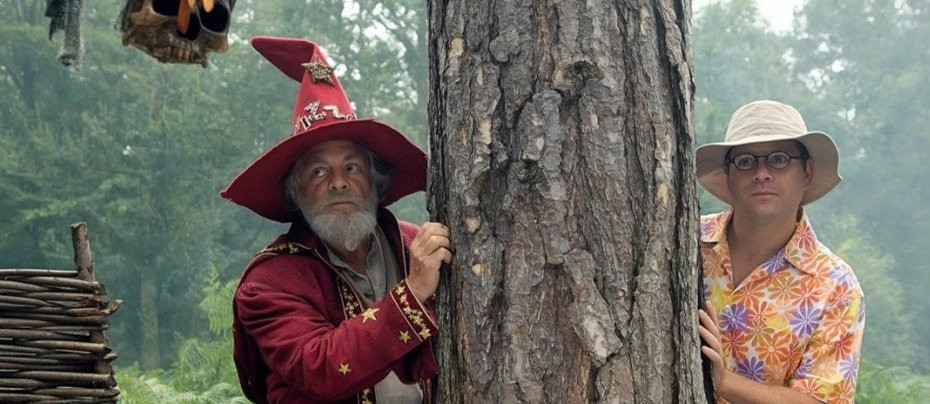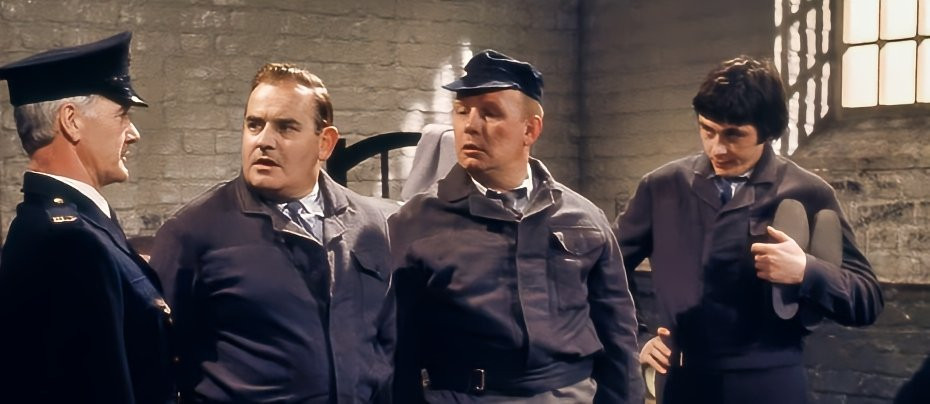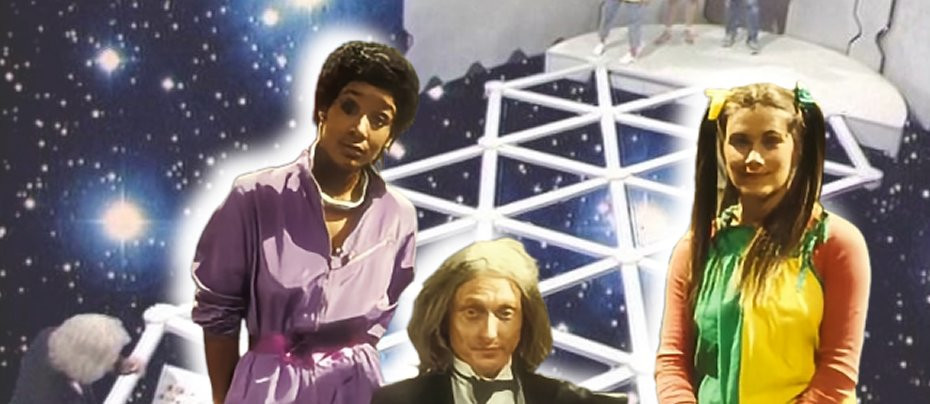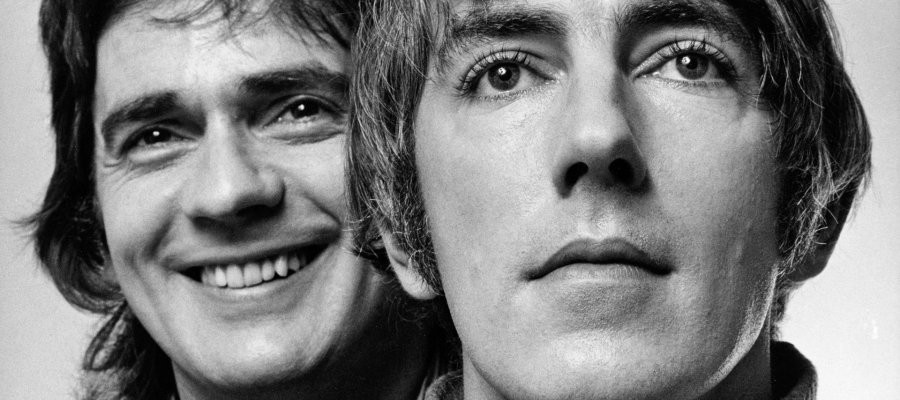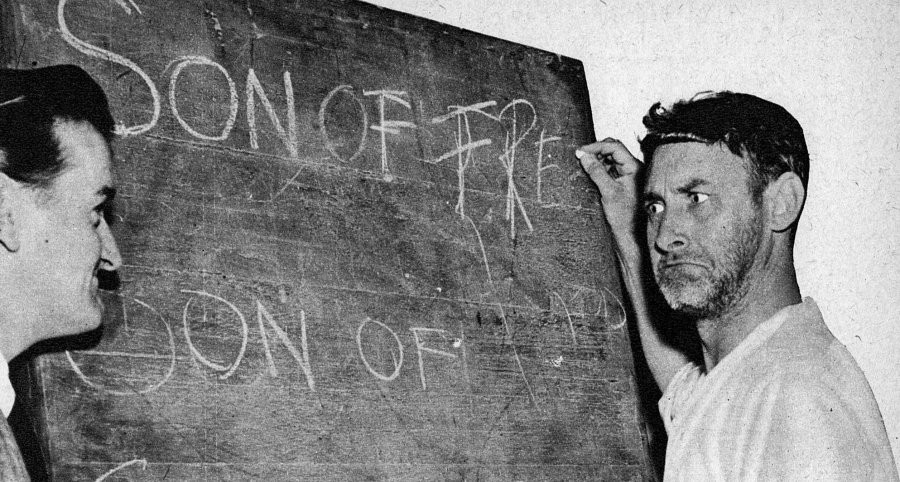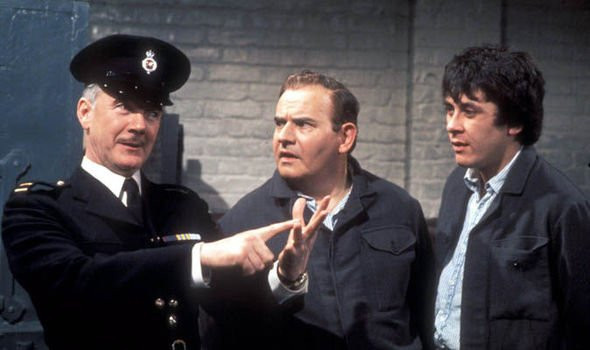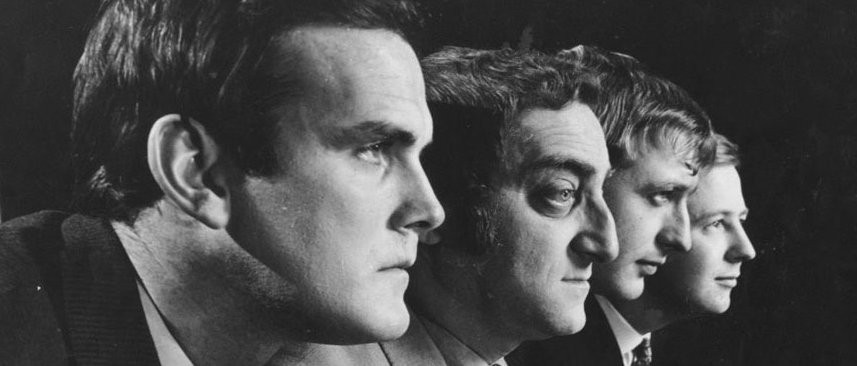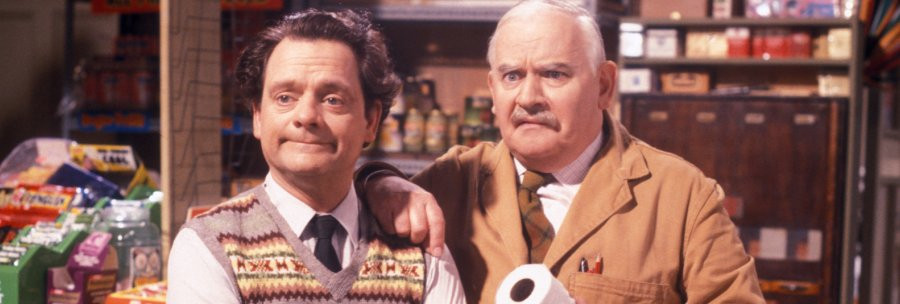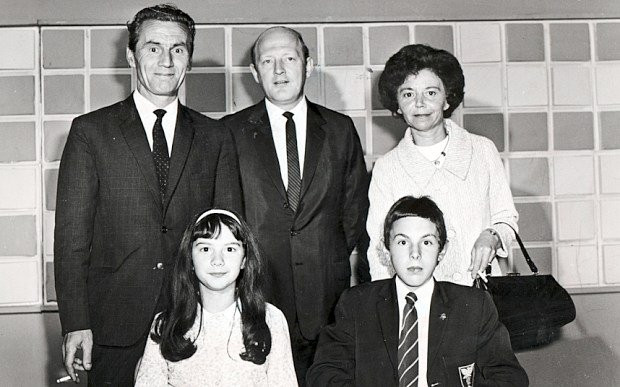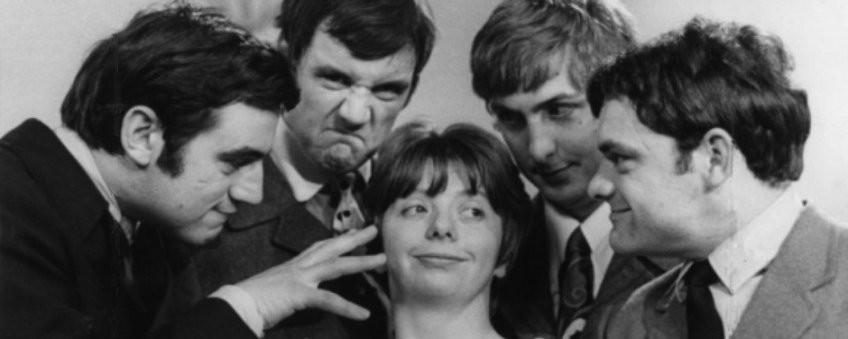
Do Not Adjust Your Set
1967 - United KingdomWhen the history of British sketch show comedy is written then the legend of Do Not Adjust Your Set will loom large in it's account-and rightly so-because this was a children's series that was a mere five months away from reaching full maturity as Monty Python's Flying Circus.
I'm Sorry, I'll Read That Again (the standard newsreaders' apology when making an error on a live broadcast) was a long-running BBC radio comedy programme produced by Humphrey Barclay, that originally grew out of the Cambridge University Footlights revue 'Cambridge Circus.' It picked up something of a cult following when it was initially broadcast on the BBC Home Service in 1964. The radio series starred John Cleese and all three of what would eventually become The Goodies. Barclay was later invited by Rediffusion executive Jeremy Isaacs to produce a comedy sketch show for children.
Bearing in mind the age group the show would be aimed at, Barclay set about to produce the funniest comedy he could, irrespective of the age of his audience. Barclay assembled a team of largely unknown writers; Eric Idle, Michael Palin and Terry Jones, who also appeared on screen, and added to their number two unknowns; David Jason whom he discovered in an end-of-the-pier show in Eastbourne, and Denise Coffey, a versatile and naturally funny comic actress he had spotted in a play at the Edinburgh Festival. What they produced between them was a zany thirty minutes of humour titled Do Not Adjust Your Set (like it's radio predecessor-the title was taken from a standard apology-in this case a picture fault) which, although childish at times never talked down to its audience and was punctuated with humour of a more surreal nature, being sometimes absurd and sometimes downright macabre. Here then, we can clearly see the strands being drawn together that would result in the holy grail of comedy for many British viewers; Monty Python's Flying Circus. Viewers were not getting comedy as innovative as this during prime-time television, so it's no wonders that adults were rushing home from work early to catch each new episode, quickly elevating the series to cult status.
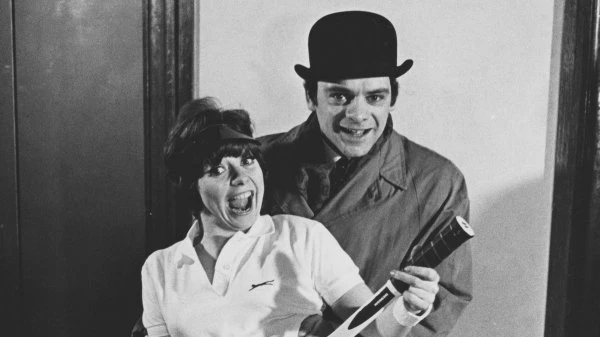
The show also featured a mini-series: Captain Fantastic (David Jason), in which the hero (a man in a bowler hat and buttoned raincoat) was pitted against Mrs. Black (Denise Coffey), "the most evil woman in the world". Such was its popularity; Captain Fantastic enjoyed a life beyond 'DNAYS', new episodes being incorporated into the Thames children's magazine Magpie from its premiere in July 1968. (Thames also took over 'DNAYS' when it won the franchise from Rediffusion.)
Music was by the Bonzo Dog Doo-Dah Band who had a hit with "I'm The Urban Spaceman" in November 1968, reaching number 5 in the UK charts.
Do Not Adjust Your Set won Munich's 1968 Prix Jeunesse International, an annual award of excellence in children's entertainment. Later episodes of the series also featured short animated sequences from Terry Gilliam, who went on to supply similar inserts for Monty Python. There was also a Christmas special, Do Not Adjust Your Stocking.
And yet, in spite of its importance in the development of British comedy, the series was unceremoniously dumped from the archives as a result of Britain's inability to preserve its rich television heritage. The only surviving remnants of the shows were telerecordings, or copies of the original video masters captured on film. Fortunately, nine of the fourteen episodes from the first (Rediffusion) series (presumably all that survive) were released on DVD in the UK and USA in 2005. These did not necessarily represent the best that Do Not Adjust Your Set had to offer, a majority of the sketches are hit and miss and it would be interesting to see the later episodes as the team moved ever closer to Pythonesque humour, but as a piece of televisual history they are priceless.
Update: In 2019 the BFI released a further box set including five episodes entirely new to DVD, two were previously thought lost entirely.
Seen this show? How do you rate it?
Seen this show? How do you rate it?
Published on December 7th, 2018. Written by Laurence Marcus for Television Heaven.


